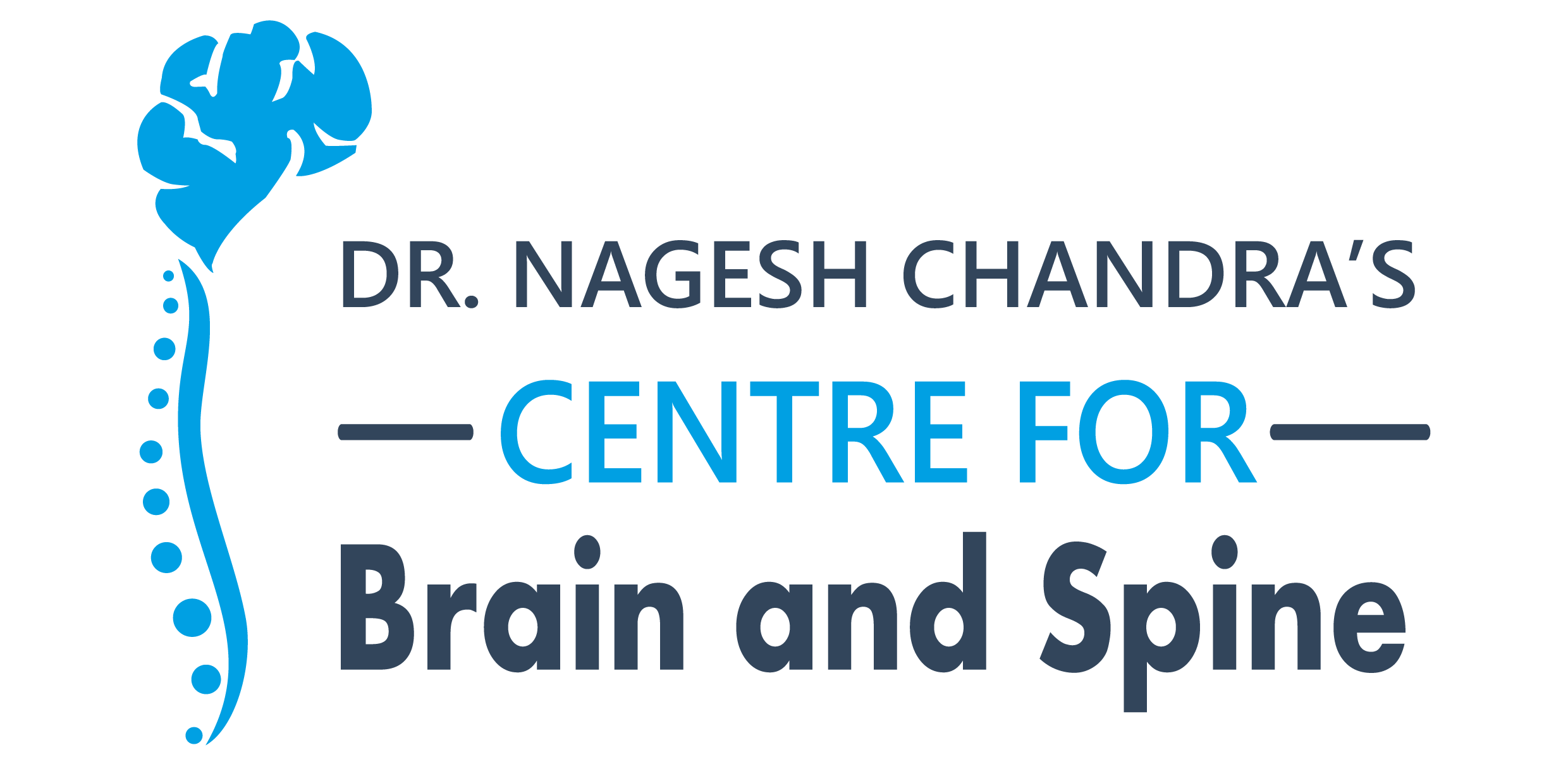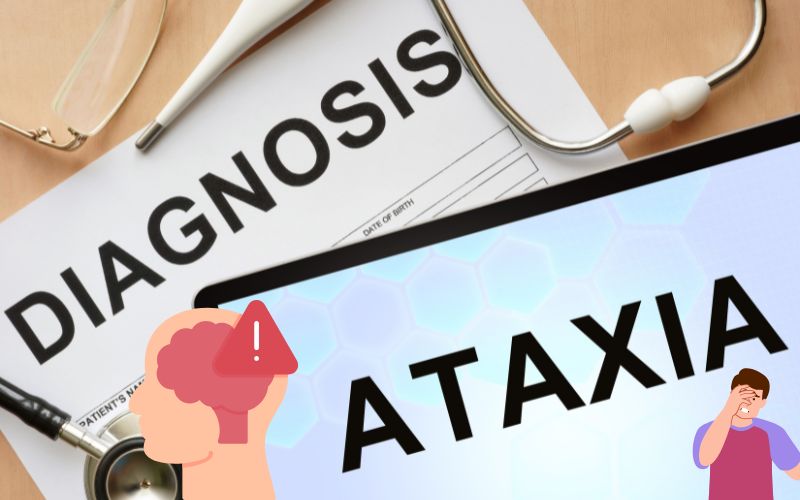Have you suddenly noticed your balance failing you? Is your walking getting clumsy, making you stumble often. When movement coordination fails, doctors call it Ataxia. This problem involves your entire system, the Brain, Spine and Nerves. Getting a clear understanding of Ataxia what is it is the best first step. It is not an illness itself, but a symptom signaling deep trouble. This disorder is often confusing and very scary. Finding the right specialist is critical for managing this long-term condition. This article will explain the cause and all Ataxia types. It also guides you to expert care available right here in Delhi. Good information helps people control this difficult illness.
What Ataxia Means?
The most basic Ataxia definition is simple, poor coordination. Your body cannot manage smooth movement. It shows the internal control system has been harmed. This damage always affects the brain or the nerve pathways directly. The person finds even very simple actions difficult. Walking, speaking, and grasping things become frustrating tasks. The Ataxia meaning in Hindi often translates to a movement that lacks natural order.
The Cerebellum’s Essential Role
The Ataxia cerebellum connection is vital. The cerebellum is located at the back of your skull. It is the brain’s main movement regulator. It constantly adjusts muscle force and timing quickly. Damage to this small area is the most common cause of coordination loss.
Your nervous system must send signals both ways. Information about where your limbs are must travel up. Ataxia sensory issues happen when this return signal fails. The brain does not receive accurate limb position data fast enough. This lack of feedback causes an unsteady, uncontrolled movement.
How Ataxia Occurs: Different Classifications
Neurosurgery Doctors in Dwarka group Ataxia types by their origin:
Sudden Onset: Acquired Ataxia
Acquired ataxia begins unexpectedly. It happens due to an external factor damaging the system.
- Vascular Events: A stroke or bleeding in the cerebellum can cause it instantly. Head trauma from an accident causes permanent damage often.
- Toxic Exposure: Too much alcohol or certain medicines causes temporary ataxia. Long-term exposure sometimes causes lasting damage.
- Infection: Some serious viruses can attack the brain’s tissues. This is called post-infectious ataxia, and it can affect children quickly.
- Nutritional Issues: Very low Vitamin B12 or E levels harm nerve cells. Supplements sometimes help reverse this type of condition.
Genetic Transmission: Hereditary Ataxia
Hereditary types run in families sadly. These conditions usually worsen slowly over many years.
- Ataxia Friedreich: This is the most common inherited form. It targets the spinal cord and peripheral nerves. Symptoms typically start before the age of 25.
- Ataxia Telangiectasia: This is a very severe, rare type. It harms coordination and also the immune system greatly. It starts showing symptoms early in childhood.
- Spinocerebellar Ataxias (SCAs): This is a large, diverse group of genetic disorders. Symptoms differ a lot based on the specific faulty gene found.
Signs and Symptoms of Ataxia
The disorder affects movement and speech differently in people. The damage site controls the specific Ataxia symptoms seen. The most noticeable issue is a major change in walking style.
Walking and Movement Difficulties
The signature sign is Ataxia gait. The walk looks jerky, wide-based, and quite unsteady. The person seems like they are struggling to stay upright.
- Fine Motor Problems: Simple, precise actions become very hard. Buttoning a shirt or writing clearly is a struggle.
- Intention Tremor: Hands shake not when resting, but when reaching for something. The tremor gets worse as the hand nears the target.
- Slurred, Unclear Speech: The control muscles for talking are affected. Speech sounds slow, often choppy, and very slurred.
Other Related Neurosurgery Problems
Ataxia symptoms often go beyond just the movement issues.
- Eye Movement (Nystagmus): The patient’s eyes move rapidly and uncontrollably side-to-side. This greatly affects focus and steady vision.
- Swallowing Issues (Dysphagia): Eating and drinking can become unsafe for the person. Specialized speech therapy is needed to prevent choking.
- Thinking Problems: Memory and clear thinking sometimes decline too. Brain fog can also be a possibility
Diagnosis, Treatment of Ataxia in Delhi and Neurosurgeon Intervention
Diagnosing the exact Ataxia types is often complex. Ataxia treatment focuses strongly on managing the daily struggles.
The Diagnostic Steps
A skilled Neurosurgeon in Dwarka or Delhi areas starts the process. They run detailed tests on reflexes, coordination, and balance.
- Brain Scans: MRI or CT imaging looks at the cerebellum closely. They search for any shrinkage, tumors, or damage from a stroke
- Genetic Analysis: Blood tests confirm inherited forms. This is crucial for diseases like Ataxia friedreich
- Blood and Urine Tests: These check for toxins, infections, or nutrient deficiencies quickly.
Managing the Condition
There is no permanent cure for many hereditary ataxias. Ataxia treatment focuses on keeping the patient independent and safe.
- Physical Therapy (PT): This is the most critical treatment aspect. It helps maintain strength and improve walking ability significantly.
- Occupational Therapy (OT): OT teaches ways to adapt tasks. Simple tools help with feeding and dressing skills.
- Speech Therapy: This improves swallowing safety and clear speaking
Neurosurgery treatment in Delhi
A Neurosurgery specialist in Delhi steps in if a tumor or cyst is causing the problem. Removing the pressure point can sometimes stop the progression. Finding the Best brain and spine specialist in Delhi means finding a doctor who explores all options.
Living with Ataxia requires courage and strong medical support. Finding a team specializing in Brain, Spine and Nerves is vital. Choosing the right experts makes all the difference in daily life. For comprehensive, specialized care consider the Center for Brain and Spine. They provide top diagnostics and treatment programs in Delhi. Their experts include a highly skilled Neurosurgeon in Delhi and a great support team. They are committed to providing the best possible management for this complex neurological condition.
Frequently Asked Questions About Ataxia
To make sure this article is complete, here are answers to common questions.
No, acquired Ataxia from toxins, vitamin lack, or small strokes can improve. It can even go away once the initial cause is found and correctly treated well.
Not always, a shaky walk or Ataxia gait can also be due to severe inner ear problems or muscle issues. A specialist must always perform a complete neurological exam.
Yes, sadly, inherited types like Ataxia telangiectasia often start very early. This condition affects childhood development and coordination quickly, requiring immediate care
The main goal is to maintain the patient’s independence. Therapy helps strengthen muscles and teaches patients new ways to manage daily tasks and movements safely
Sensory Ataxia happens because nerve signals from the limbs fail to reach the brain properly while Ataxia cerebellum damage directly causes coordination failure in the brain itself
Genetic testing using blood samples is essential for confirming hereditary types like Ataxia friedreich or SCAs. This identifies the specific faulty gene that causes the problem
Driving safety must be assessed by a specialist therapist. Since the condition affects reaction time and motor control badly, most patients find driving becomes unsafe for them and others.

